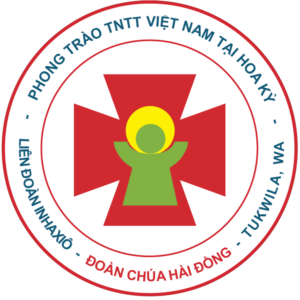Anyone who is injured or becomes ill at camp should be seen by the camp health/medical director or committee. Very minor injuries, such as superficial abrasions and cuts or easily removed splinters, may be treated with the first-aid kit. However, they must be seen by the health/medical committee or director after treatment. Always remember that this is first aid, not medical treatment. First aid is intended to help keep the condition from worsening until medical treatment is available.
Cuts
- Clean the wound with soap and water. Apply a sterile Band-Aid or dressing afterwards appropriately.
- Do not neglect skin cuts, especially when you are outside and exposed to the elements (example: camp). As any cut may be become infected, preventative care must be used.
Sprains
- Keep the camper’s sprained region relaxed and limp. Try to avoid excessive direct pressure to the sprained region and surrounding areas. Apply a cold pack if possible and report to the camp health/medical director or committee.
Nosebleeds
- Sit upright with head tilted forward slightly
- By remaining upright, you reduce blood pressure in the veins of your nose. This discourages further bleeding.
- Pinch your nose at the bridge of your nose (not the nostrils) using your thumb and index finger. Continue the pinch for 5 or 10 minutes. This maneuver sends pressure to the bleeding point on the nasal septum and often stops the flow of blood.
- To prevent re-bleeding after bleeding has stopped, don’t pick or blow your nose and don’t bend down until several hours after the bleeding episode. Keep your head higher than the level of your heart.
Burns
- Cool the burn by holding the burned area under cold running water for 15 minutes. If this is impractical, immerse the burn in cold water or cool it with cold compresses. Cooling the burn reduces swelling by conducting heat away from the skin. Do not put ice on the burn.
- Consider using a lotion. Once a burn is completely cooled, applying an aloe vera lotion, a triple antibiotic ointment or a moisturizer prevents drying and makes you feel more comfortable.
- Cover the burn with a sterile gauze bandage. Do not use fluffy cotton, which may actually irritate the skin. Wrap gauze loosely to avoid putting pressure on burned skin. Bandaging keeps air off the area, reducing the pain and protecting blistered skin.
*In case of fire, be sure to have cold water or a fire blanket nearby.
Heat/Dehydration
- Remember to hydrate during camp, especially during warm summer days. Aim to hydrate at least once every two hours.
- The best way to prevent dehydration is by drinking water frequently, even when you are not feeling thirsty. Try carrying a jug, container, or water bottle with you.
- If a camper is dealing with dehydration: have them sit in a covered/shaded area, let them rest cool down, and then begin to re-hydrate. Let the health/medical director know of the situation as soon as possible.
General Things to Remember During An Emergency
- STAY CALM and follow proper first aid procedures for illnesses or injury.
- When in doubt, either take the injured camper to the camp health/medical director or committee or have the camp health/medical director or committee come to you.
- Never leave an injured person unattended. Send another person or camper to get help.
- Avoid moving an injured person unless there is immediate danger to their life by staying in the same place (fire, falling material, drowning, etc…)

